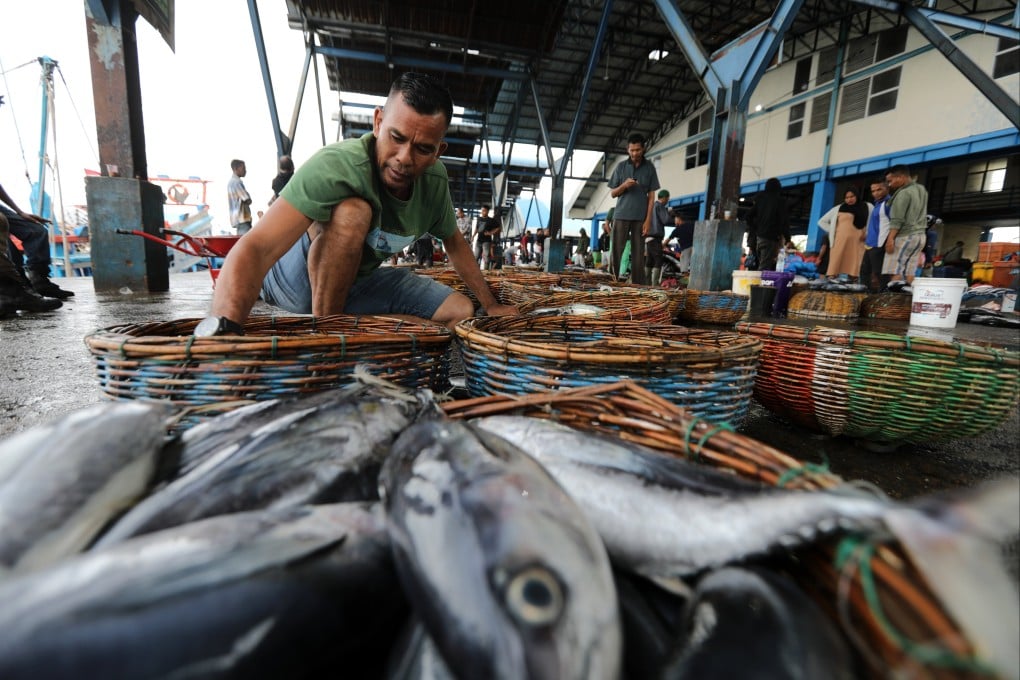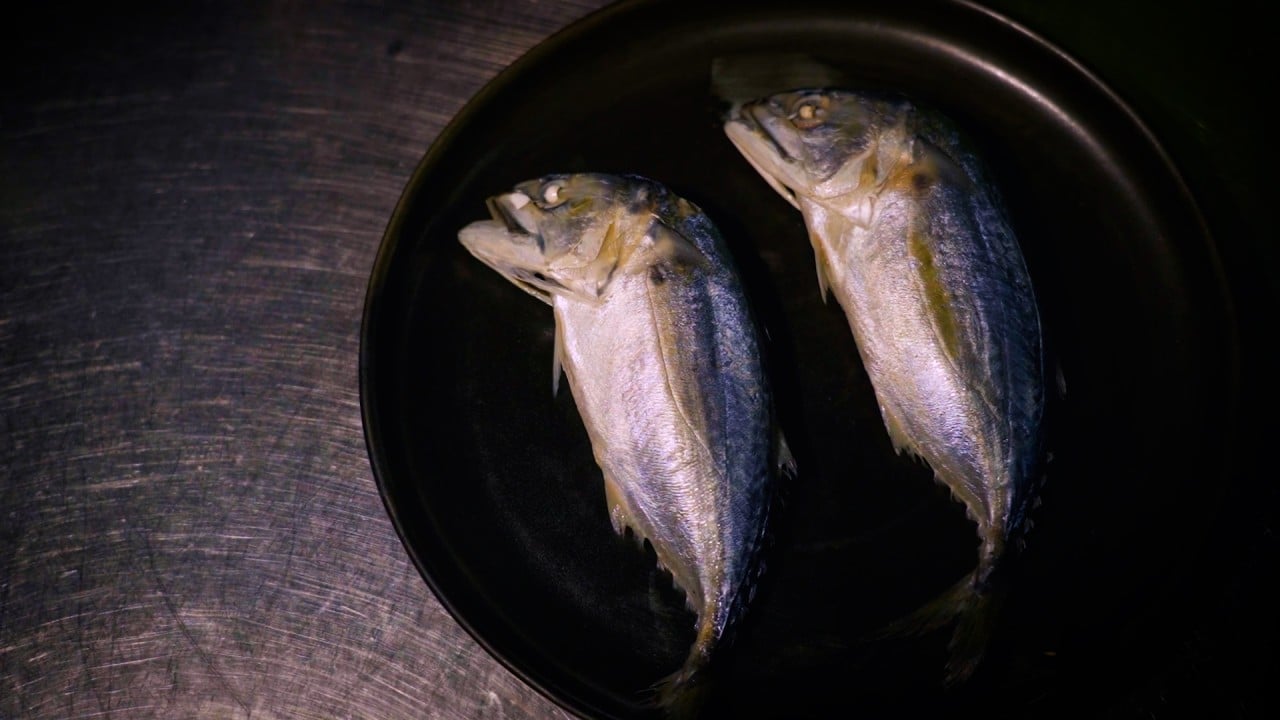Southeast Asia eyes seafood export bounty as sustainability falls by the wayside
- Hard-won controls on illegal, unreported and unregulated fishing are now being unwound across the region, environmentalists say
- A surge in overfishing is the likely outcome, adding pressure to seafood stocks already hurting from habitat destruction, pollution and climate change

This story was supported by the Pulitzer Center.
Southeast Asia’s governments are unpicking crucial protections on who crews their fishing fleets and what comes back in their nets, environmentalists say, in a sector worth billions of export dollars that sends out an armada of boats to compete for catch each day.
From Vietnamese catfish and Indonesian skipjack tuna to Thai shrimp, the region’s waters are feeding a bottomless global appetite for fish and seafood that is supercharging the balance sheets of big conglomerates.
But hard-won controls on illegal, unreported and unregulated fishing (IUU) – a clean bill of health on which had become a badge of supply chain and consumer confidence in recent years, to indicate a country’s efforts tackling overfishing and widespread labour abuses in the industry – are now slowly being unwound amid the competing priorities of jobs, food supply, big money and the environment.

